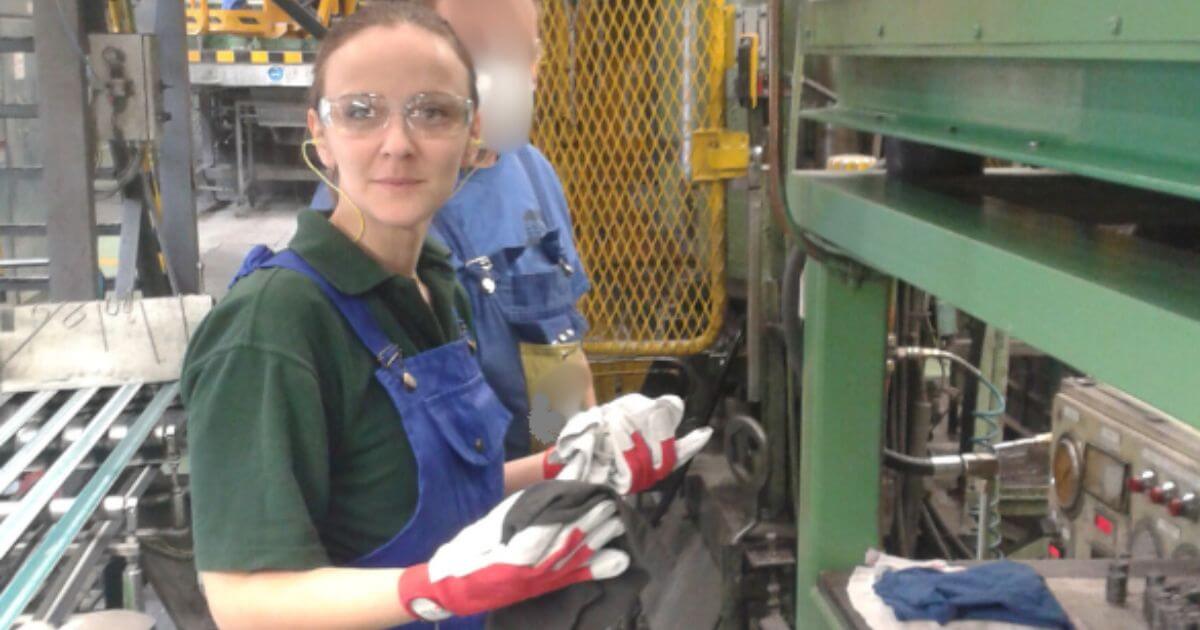The fact that I bring up the topic of cleanliness and order in the plant again and again is no accident, because my experience shows that by going through a plant, just by observing these things, we can get an idea of the general orderliness and state of the organization. It shows how important the entire operation is to employees and managers. Not every well-maintained plant has everything else in order, but if the plant is dirty and disorganized, it is quite certain that there are problems at another levels.
What can we do for order?
First, I would like to tell you the story of the attached photo as a questionable example. During the implementation of lean, the first step is usually 5S, and when this happened, we were given the task of demonstrating the management's commitment to cleanliness using a method successfully used in Japan and the USA, i.e. dressing up in work clothes and going out ourselves to clean the machines. The employees were very sceptical about the idea, and to be honest, I wasn't completely enthusiastic either. It's one thing to walk around the plant day after day and see how the machines are set up, and it's another thing to have to touch them without any experience. We started with confused wandering, then I just grabbed a rag, but then the colleague who worked there came up to me and whispered softly: I think you should sweep in that corner, because if you accidentally change any set up here, I can play with it for hours until I restore it. We agreed on this, the event ended without any serious damage (and results ????).
The lesson is that not all lean tools can be applied with equal success in all cultures, by which I mean the country/region and the culture of the specific plant. A bit of customization doesn't hurt before we kick an own goal and half the plant smiles on us.
However, the daily gemba walk has worked very well for me in terms of cleanliness. Going around the area with the leader of the given area, collecting the tasks of what needs to be thrown away, put in order, packed away, then send these tasks to the head of production and check back next time I go there. A maximum of 5-6 tasks at a time, so that it is not shocking, since the goal here too is that cleanliness becomes the norm, slowly and methodically integrated into everyday life.
The process is not fast, but the difference can be spectacular in a few weeks, and in addition, during our inspection and investigation, we can come across many other questions, old productions, skeletons in the corner. Of course, problems can reach us through informal channels that might not reach us or arrive late through formal ones, too.
In summary, before I started the gemba, if we were expecting an important guest, we would spend half a day in the plant with cleaning. After a few months, there was no longer any need for extraordinary cleaning, and I could take even an unexpected visitor anywhere.
So Clean together: Gemba 0:1, gemba won by knockout.





